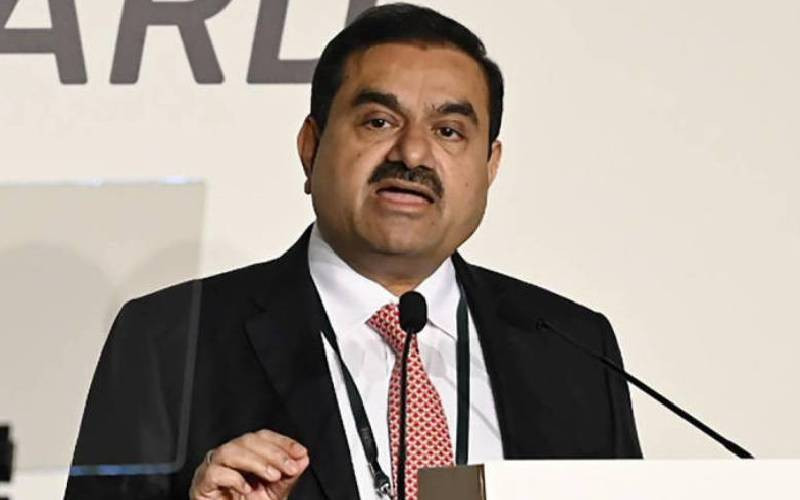×
The Standard e-Paper
Fearless, Trusted News

International Woman’s Day celebrates women, whatever their status, calling or convictions.
In years past, most women were confined to certain careers (if any) and could only climb so far up the ladder (if they managed to get on it at all). Today, despite the strides that women have taken to bridge several gaps in the business world, there are many professions where men still dominate. One of these professions is the meat industry.








